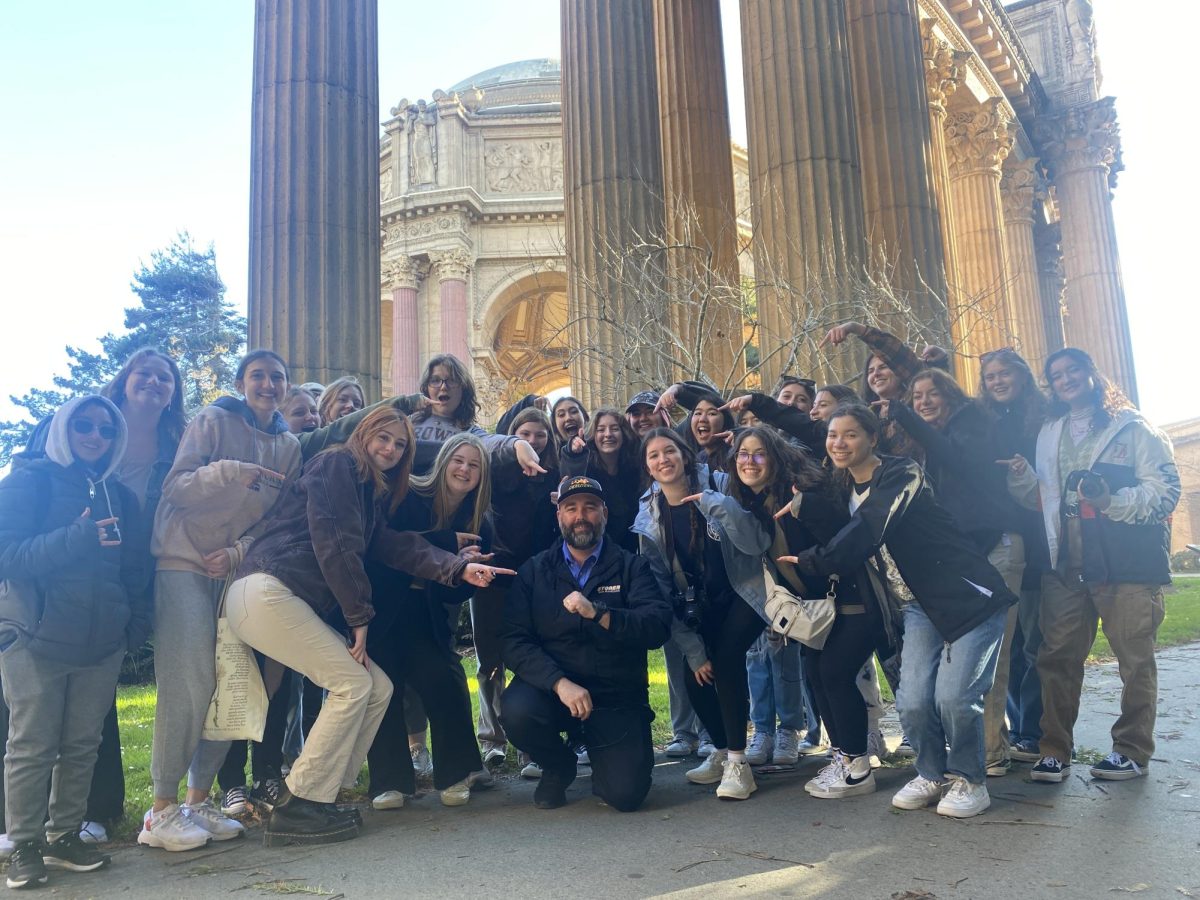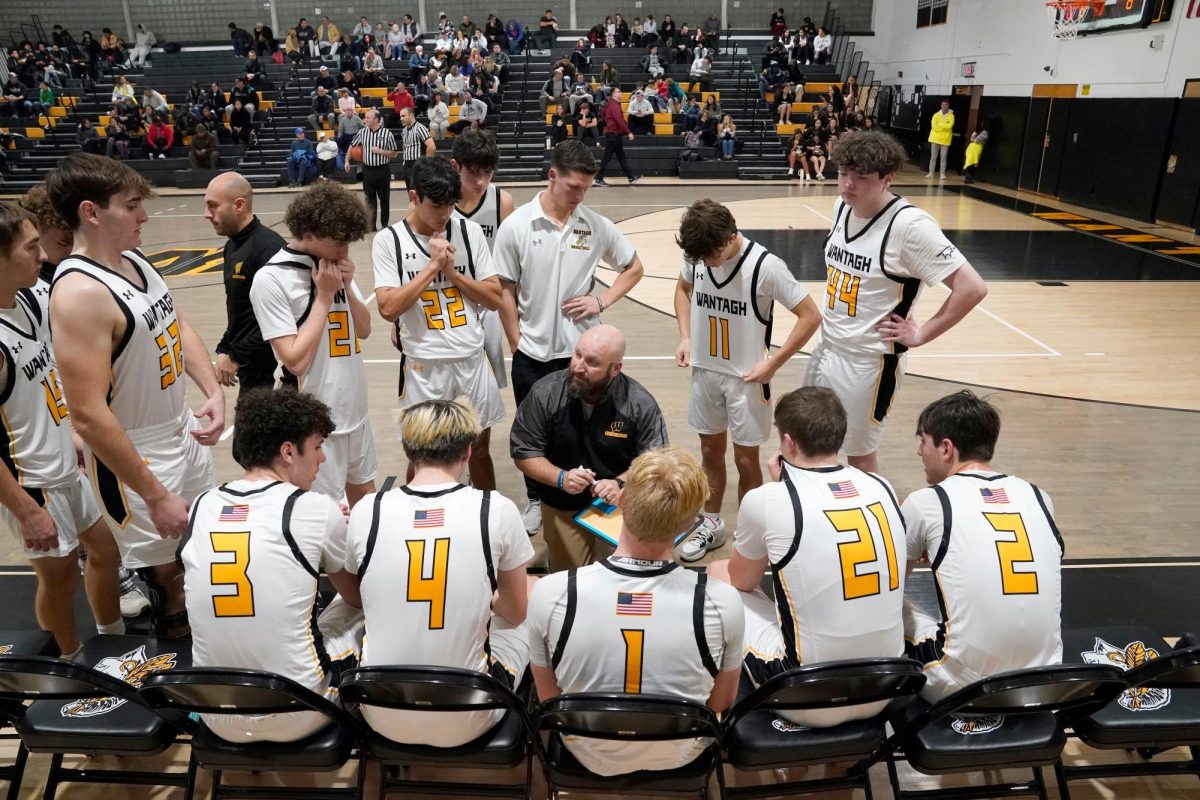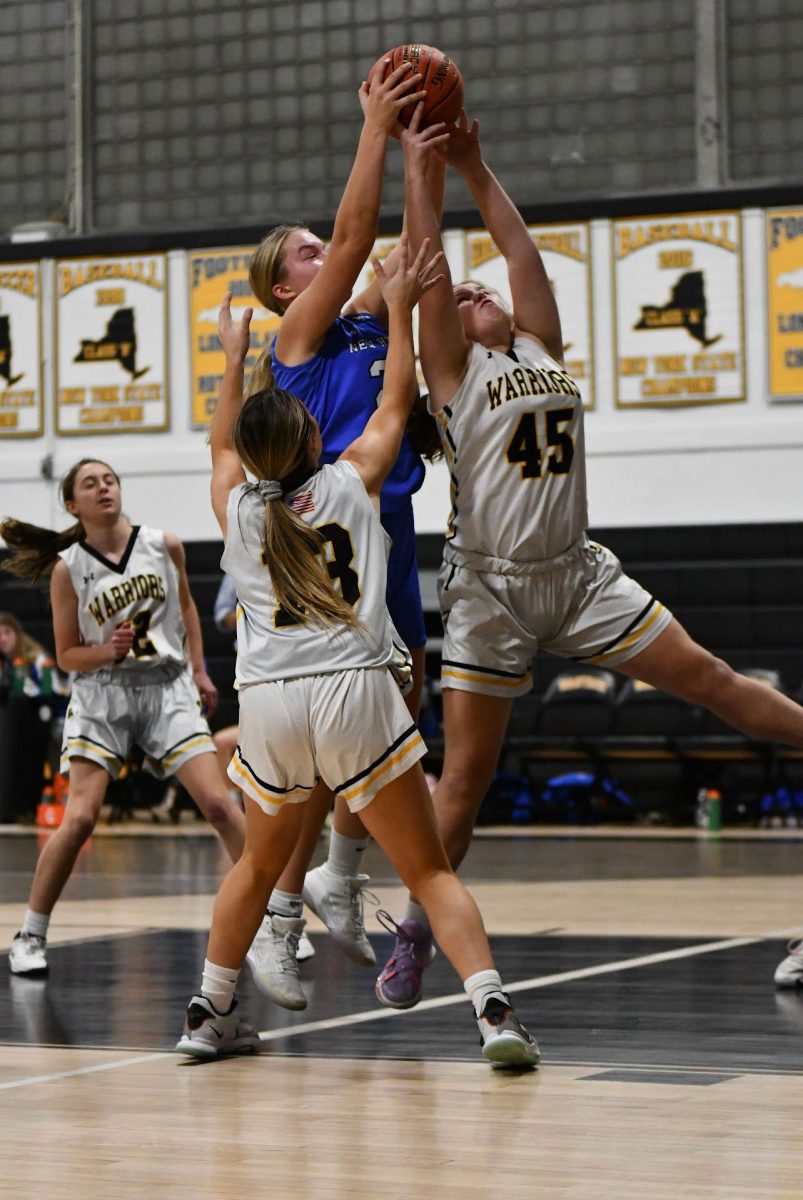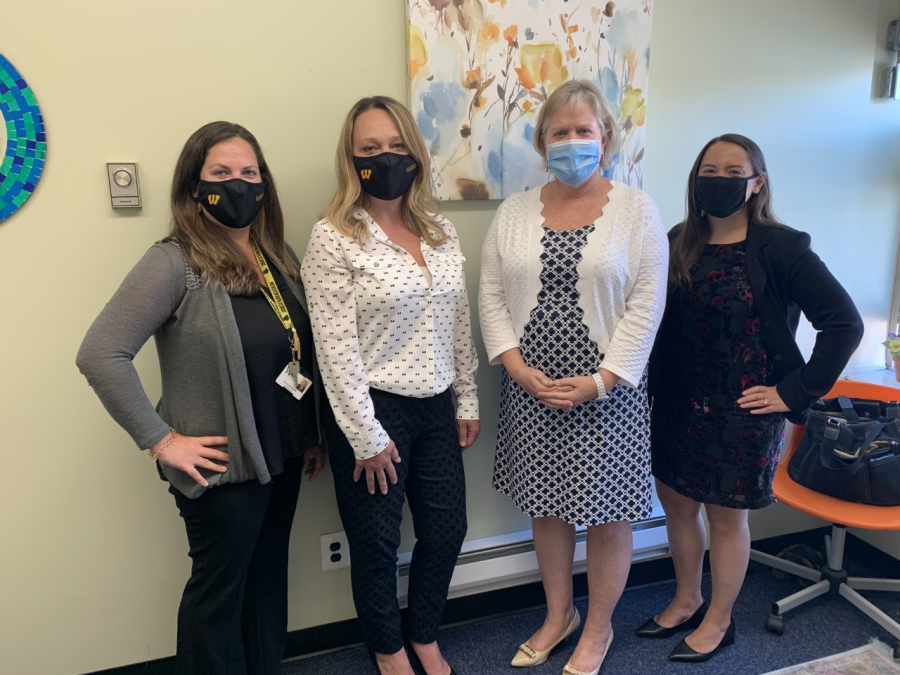Quarantine, Isolation, and our Mental Health
The Student Support Services department is always available to answer questions about or discuss mental health.
October 15, 2020
In general, teens’ mental health tends to be overlooked, and in troubling times like these, it is especially important that we closely monitor our mental health, for the sake of ourselves and for the sake of others. Quarantine was incredibly hard for many teens because they were isolated from most of the things that were important to them.
According to Ms. Kline, our school social worker, “Fear for your life, or the health of your family members, is enough to unsettle us.” This fear, combined with social isolation and being cut off from everything that gave life structure, leads to a decline in mental health. “We’re social creatures,” says Ms. Kline. “We need to be engaged with other humans, so it really impacts your well-being when you can’t engage with others.” While many teens found ways to socialize with their friends during quarantine, whether it be by bike riding, FaceTime, or Zoom, nothing really compares to face-to-face contact and being able to hang out without fear of being too close.
Going back to school has been a great change for students because having a routine is very beneficial to our mental health. Our ability to physically spend time with people, even if you’re doing schoolwork, positively affects our lives. Ms. Kline also stressed the importance of families watching their children’s and their own mental health. Even if it seems like we are slowly returning to normalcy, we need to make sure we aren’t neglecting our wellness.
When discussing the topic of mental health, the question must be asked: what can we be doing for ourselves and for our peers? Ms. Kline’s answer is simple: be kind. Treat each other fairly, and with patience. “You never know what someone’s experience is…You don’t know what it was like for someone else in quarantine,” she states. This sentiment is always true; we always need to to consider what others have been through, but it means even more right now. “Some kids are alone. Some kids didn’t have food. Some kids don’t have a home. So how do you quarantine when you don’t have a place to live?” Ms. Kline asks. We must always remember to be grateful for what we have and treat others with kindness, for they may not be as fortunate as us.
She also discussed the importance of looking out for each other. “If you see someone struggling, you don’t have to get deep and dirty into their personal life, but just [ask] ‘Do you need a hand? Is there anything I can help you with?’ Just simple things like that.” Right now, one of the most important things we can do is looking out for someone who isn’t ourselves.
It is essential to engage in healthy activities as well. Ms. Kline advised us to stay away from alcohol and drugs and to make sure we are participating in pastimes that are not bad for your health.
When asked about ways we can educate ourselves about mental health, Ms. Kline suggested that as students, we can go speak to her, Mrs. Braithwaite, Dr. Wong, or Mrs. Ramos if we are interested in learning more. She also recommended the CDC, the Mayo Clinic, and Harvard Children’s Hospital as great websites with resources you can use. Of course, there is a plethora of online resources to take self-assessments about your mental health fairly easily (though you should be making sure your sites are legitimate).
Despite changing times and an increase in openness regarding mental health, there is still an abundance of stigma surrounding mental illnesses. This makes it our duty as peers and as people to help reduce this stigma. Ms. Kline suggests conversation and being more open about struggles you are facing. We must always remember that mental illnesses are medical issues, and are manageable.
In the end, while we face many challenges during this difficult time, we must make sure we are monitoring our mental health and treating others with kindness.














